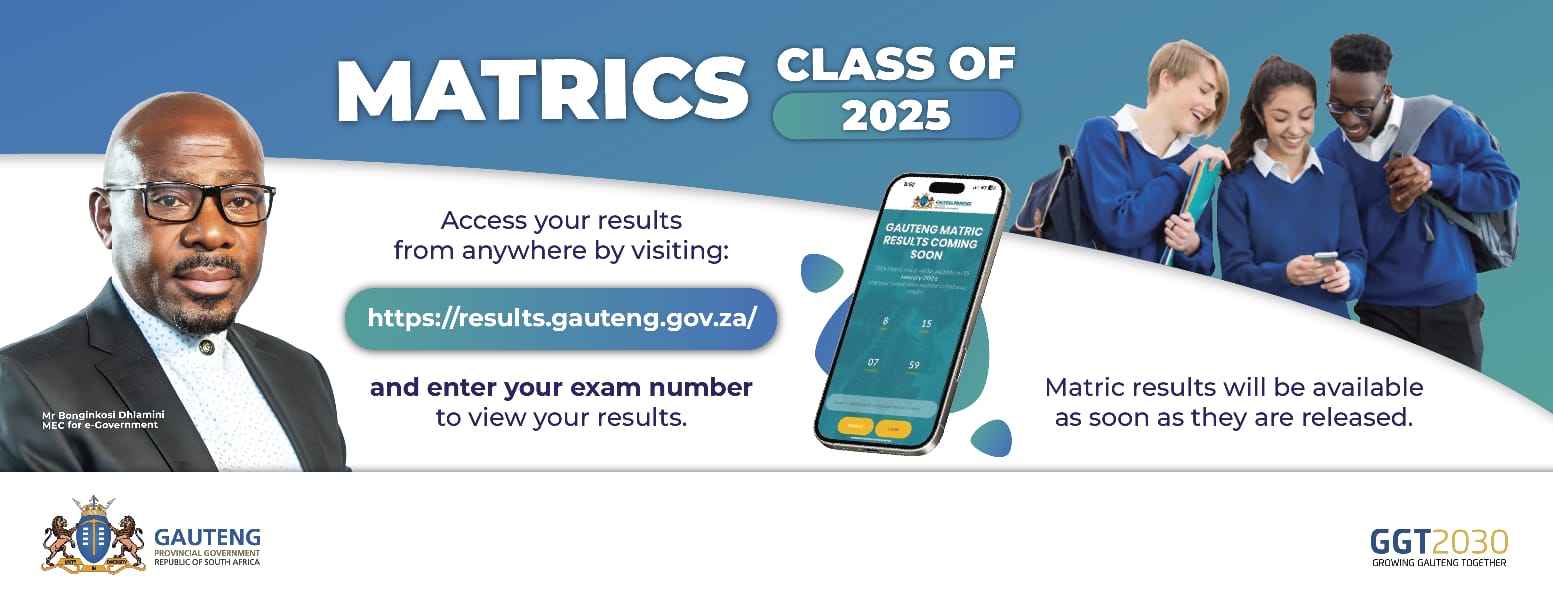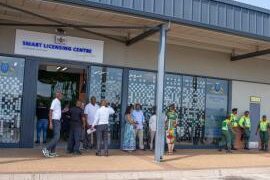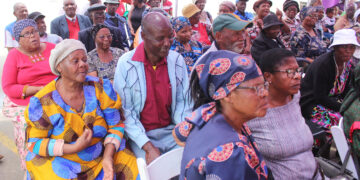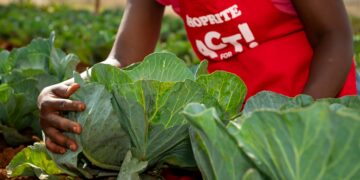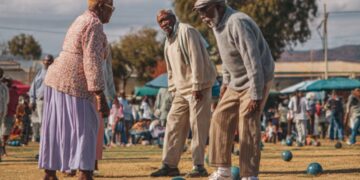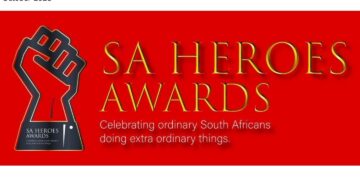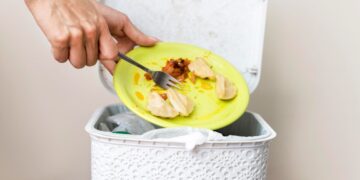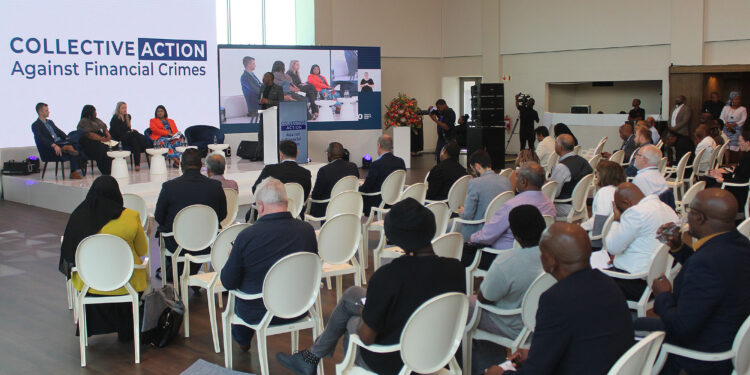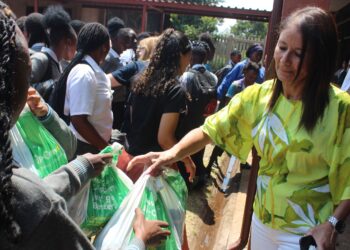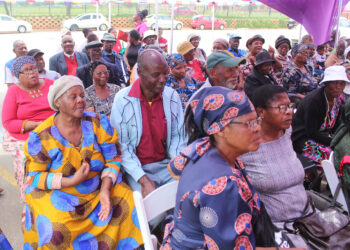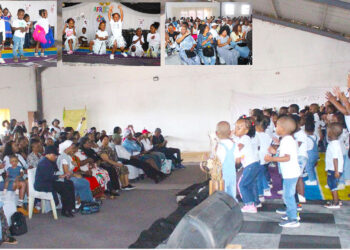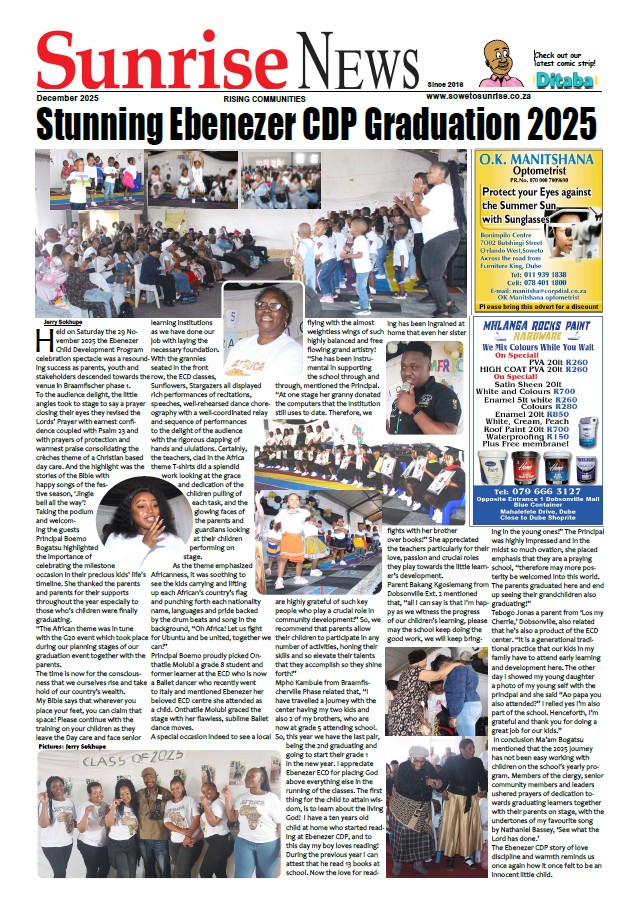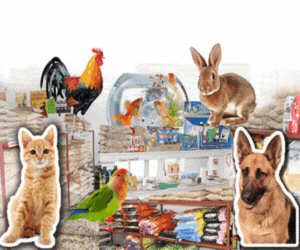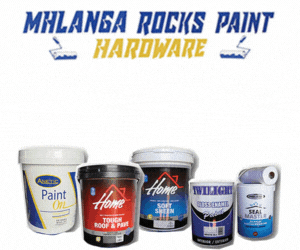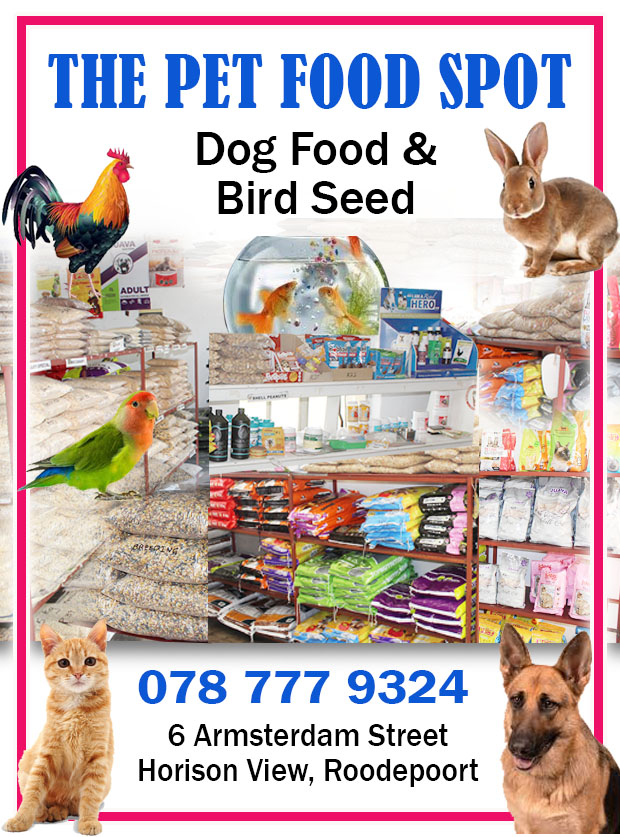The groundbreaking event was held at the Forum venue in Hyde Park on 5 November 2025 hosted by BAT South Africa and B20 South Africa powered by the Consumer Goods Council of South Africa.
A critical dialogue and platform 17 days ahead of the much anticipated G20 summit in Johannesburg, the event with 702 radio talk show host Bongani Bingwa as Master of Ceremonies and Moderator on the day, brought together Business, Government, Law Enforcement, Civil Society as a way to tackle the problems presented by the illicit economy and illicit financial flows in the country and across the globe.
Bingwa emphasized that “the day’s events are not just talk but to offer impactful ideas that can reverse the damage caused to our nation and people every single day.”Addressing the audience, Consumer Goods Council CEO, Zinhle Tyikwe mentioned that, “the surge on illicit financial flows, the spread of an illicit economy is a real threat with tangible consequences. They undermine the country’s tax base, strip off billions of Rands and further reduce the government’s ability to effectively fund essential services.”
“They adversely affect legitimate businesses as the organized criminal activities and syndicates actively sell counterfeit, smuggle untaxed goods that are illegally coming into the country. They bypass regulation, authority, avoid Vat and avoid paying excise duties, flooding our markets with substandard products. Legitimate businesses lose market share, revenue and losses in jobs.”
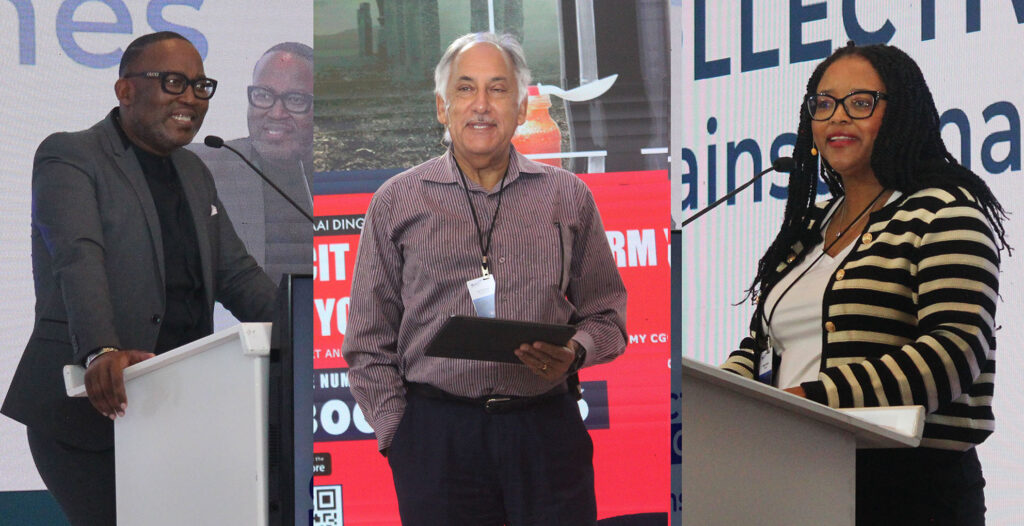
Tyikwe further mentioned that the illicit economy also erodes public trust. As people seem to believe that if they see fake goods on shelves, that it can be easy to follow suit. Citizens further wonder if fairness ever exists in the economy. “We as the CGCSA have been working with close to 20 industry associations to fight the illicit economy. These multisectoral organizational defend the most affected FMCG (Fast Moving Consumer Goods) sectors; liquor, tobacco, food, clothing, textile, pharmaceutical, cosmetics and toys.
We have established illicit economy task forces that coordinate a platform for intelligence sharing and policy alignment that aim to; 1. Facilitate coordinated sectoral action to disrupt illicit trade.2. Drive urgently space toward policy advocacy to inform smarter regulation.3. Support engagement efforts through strategy collaboration.4. Foster public private partnerships to reduce the proliferation of illicit trade.”
A video presented to the audience at the event highlighted that the same forces that encourage localization, open borders, drive complex supply chains and digitization, laying fertile ground for illicit financing across continents. Organized criminal networks thrive on coordinated trade routes, fake invoices and channels being able to move mining minerals and smuggle victims. From drugs and arms to wildlife, illicit profits are transferred abroad through sophisticated systems.
Generative AI produces fake identities and scans, further underground systems and networks, including banks where money is moved without the authorities’ knowledge! The solution is the AI powered analysis that can trace the networks biometrics that are able to flag suspicious transactions in real time. Nationally, the success would rely on intra-agency coordination. The size of the illicit economy is estimated at 2 – 5% of the global GDP of which amount to 3 to 5 Trillion US Dollars.
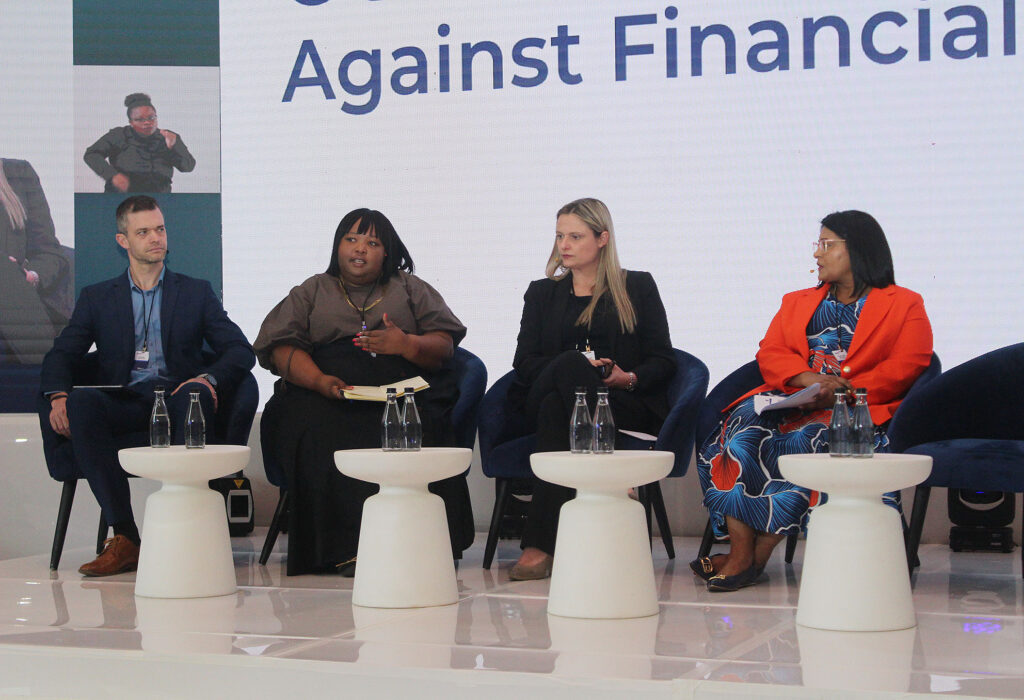
From the panel of experts, Jarred West of Spoor and Fisher Intellectual Property and Regulatory Law, related that’ “the guys we catch tend to be the lower people on the food chain. You can’t see where the money is going, not even the names involved, that makes our fight more challenging. Following the money up the food chain and abroad where it ends will be the solution to stop the crime.
”Border Management Authority of South Africa Commissioner Dr Nakampe Masiapato mentioned that, “the country loses 100 billion annually through the illicit trade. Almost 75% of cigarettes sold on the market are fake, amounting to 1 billion Rands. The serious movement of medication spreads to spaza shops, and agricultural goods get through as a result of the country’s porous borders.
”Masiapato further mentioned stated that the interventions being enforced were to scan consignments at ports of entry such as Durban using technology, setting up drones in the air to monitor movement in across borders, clamping on illicit goods, human trafficking and smuggling. Also, to restructure entry borders for the easy flow of cargo employing the use of logistics seals in trucks to avoid delays and improve trade production.
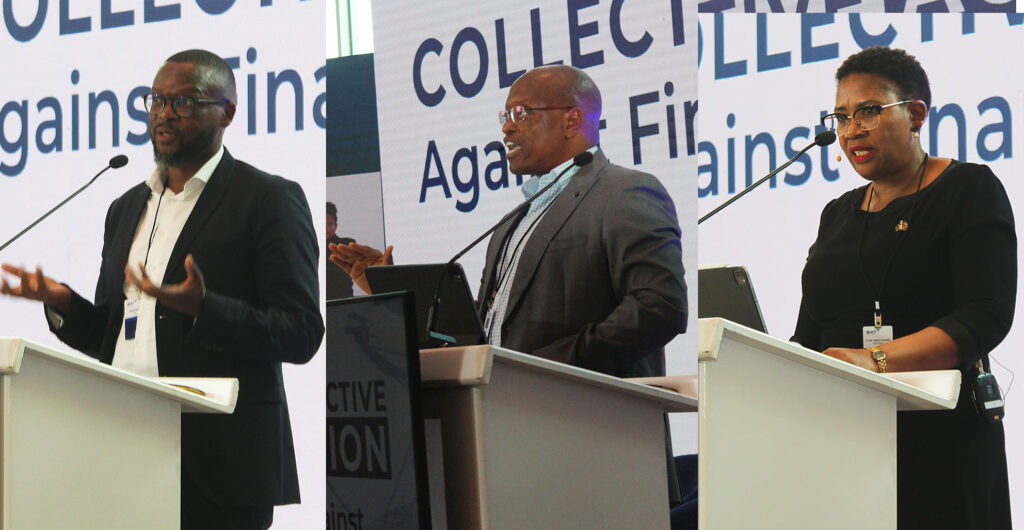
Key speaker, Deputy National Police Commissioner, Lieutenant General Tebello Mosikili confirmed that through the National Counterfeit Unit, the Receiver of Revenue, SARS has seized counterfeit and illicit goods worth more than 100 million Rands during the nationwide operation. “In our fight against crime as the police the interventions that we enforce strategically are; the establishment of the national security coordinating center that fuses intelligence from all enforcement agencies, financial regulators and experts from the private sector. Robust technological framework for real time financial data analysis, leveraging Artificial Intelligence to detect anomalies in trade and financial flows. The importance of regional and international cooperation, position South Africa with the opportunity to strengthen cross border enforcement with more grit.” Emphasized Mosikili.
In his closing remarks, Head of Regulatory Affairs for BAT Sub-Saharan Africa, Johnny Moloto mentioned that the top priority in impacting the Consumer industry and society was the rolled-out awareness campaign of “Cheka daai ding, reka makoya!” (Check that thing, buy the real one!). An on the move action by the CGCSA. Moloto appealed to government to ease up on regulation so they are appropriately supported and empowered with interventions necessary to bring down the menace of illicit trade.
My CGCSA App is used by law enforcement partnering with the public that can be downloaded to verify product barcodes and report discrepancies to mobilize investigations. The Consumer Goods Council of South Africa toll-free number that the public is encouraged to use to report suspicious products anonymously which is shared with law enforcement is; 0800 014 856.
Jerry Sokhupe
Soweto Sunrise News
